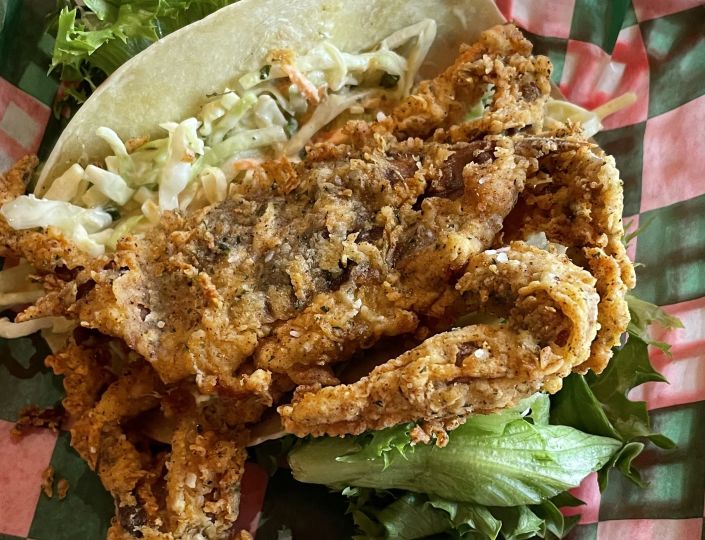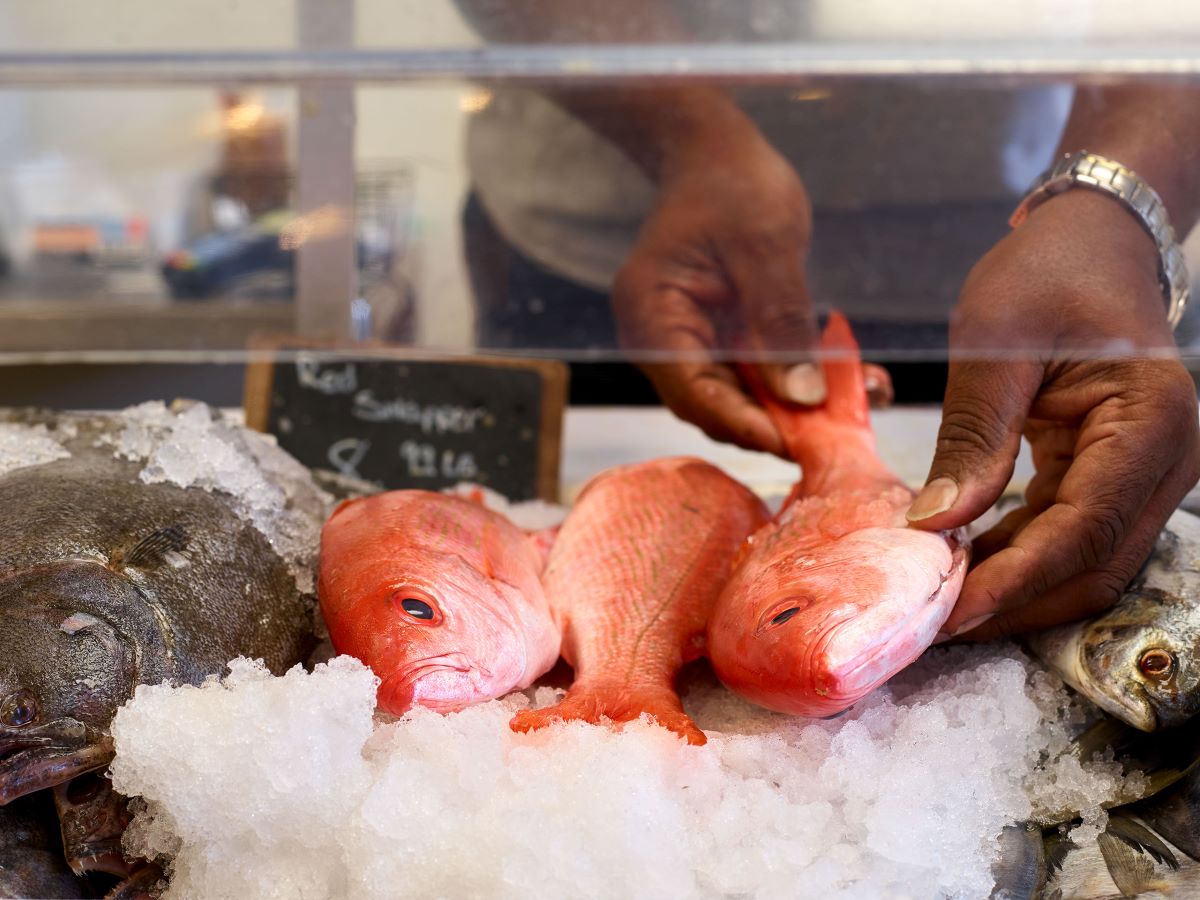Robert Fritchey book signing at Day at the Docks

Outer Banks Catch will host a book-signing by author Robert Fritchey during Day at the Docks on Sept. 16 in Hatteras Village.
South Louisiana’s coastal fishermen had been netting redfish for the markets and restaurants in New Orleans for more than a century when some of the nation’s wealthiest sportsmen began to regard this publicly-owned resource as their own. As they pressured the state’s government to deny traditional fishermen and seafood consumers access to wild-caught red drum, the covetous sportsmen cynically portrayed the rural netters as “greedy,” and themselves as “conservationists.”
Frustrated with the media’s coverage of this challenging issue, commercial fisherman Robert Fritchey wrote Wetland Riders to help save his own industry. With his personal profiles of several colorful old-timers, Fritchey introduces the reader to our family fishermen. Supported by data provided by unbiased fishery scientists and economists, he affirms that the long-term welfare of the redfish and other wetland-dependent finfish lies in continuing to share these publicly owned resources with the public.
Wetland Riders is an uncompromising book that exposes the origin and early successes of a movement that threatens America’s seafood industry. Originally written as an educational tool to help get the Louisiana red drum back into markets and restaurants, the book gained national attention during the mid-1990s as recreational fishing interests in nearly a dozen states campaigned to grab millions of pounds of publicly-owned seafood species from the public.
Of obvious interest to commercial fishermen, Wetland Riders also is a unique resource for readers with an interest in the culture, environment and economy of our coasts, the seafood industry, consumer advocacy, political and environmental journalism, and rural conservation.
Fritchey's second book, Let the Good Times Roll, fast-forwards the story and takes a look back at the tactics the Coastal Conservation Association used to limit not just the commercial fishing industry but the choices of the public who enjoy wild-harvested seafood.
According to a story in National Fisherman earlier this year, Fritchey wrote: "From 1994 — the year before Louisiana enacted its net ban — until the end of 2014 — the most recent year for which harvest data were available — landings of the state’s nine more traditional species declined by nearly 75 percent, from 22.7 million pounds to 6.2 million.As for the leading 11 coastal species that were considered to be underutilized, and which might have grown 50-fold to support a fishery of at least 25 million pounds, their landings instead plummeted nearly 96 percent, from just under 468,000 pounds in 1994, to 20,000 pounds in 2014."
Missing Redfish, an eBook written by Fritchey may be published in traditional book form in time for the Hatteras Island event.





